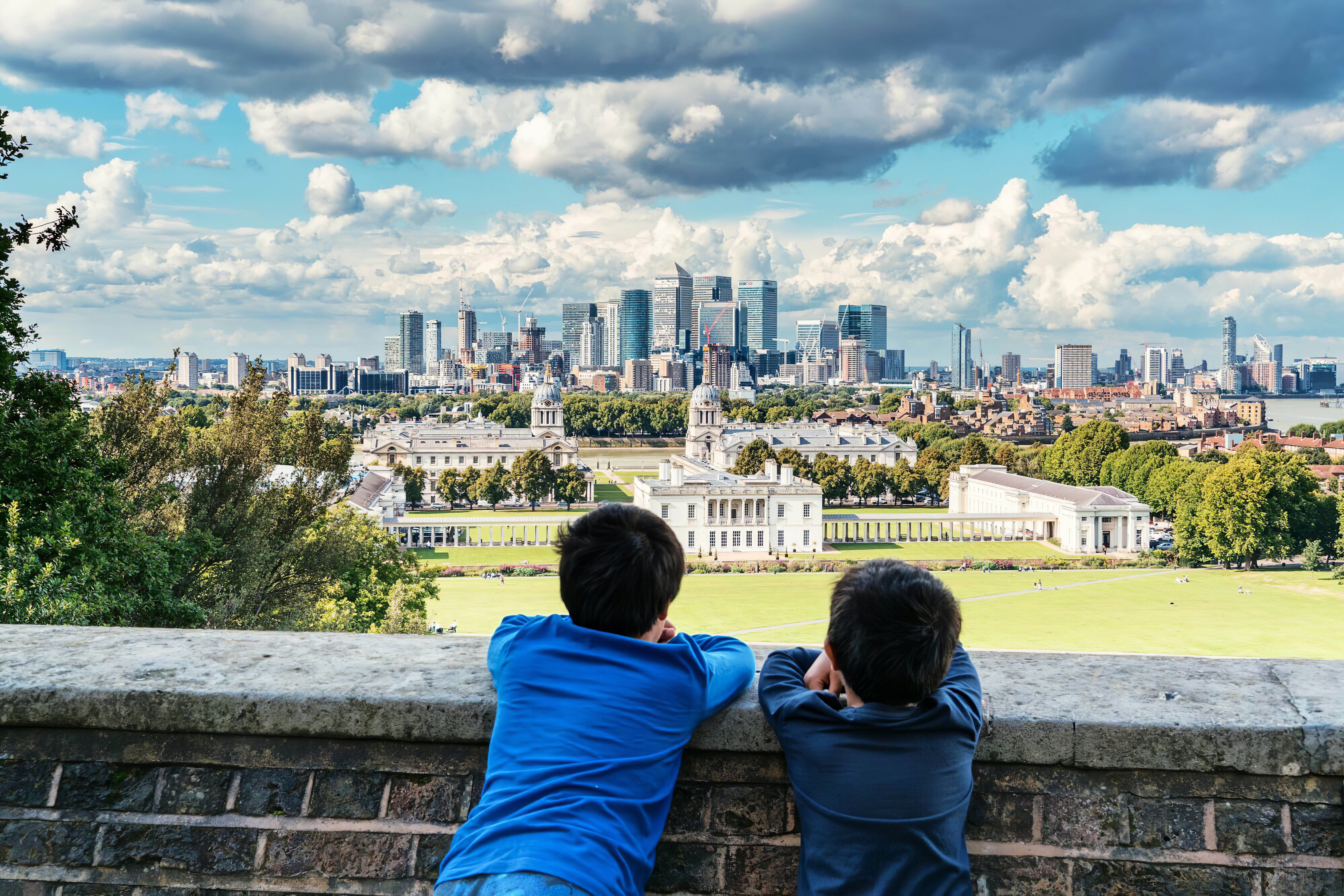
Endless economic growth unsustainable for planet and people
As part of an upcoming project exploring alternative economic models, this article looks at how the current pursuit of endless economic growth drives environmental degradation and deepens social inequality. The traditional growth mindset prevails among our political classes but it is not working for planet or people.
For many decades, we’ve been told that economic growth is inherently good. An ongoing cycle of expansion that promises prosperity and wellbeing for all. The cornerstone for improving the prospects of the individual and society.
But what if this mindset is a key driver of some of our most pressing environmental and social challenges? A growing number are increasingly questioning the impact of endless economic growth and exploring alternatives to the status quo.
Population growth for more consumers
Population growth is an inherent ingredient of economic growth. More people not only create new consumers but also provide a solution to the economic challenges posed by ageing societies. A larger population is seen as a source of younger workers who can support the older generation through taxes and social security contributions. But this pyramid scheme just kicks the can down the road at the expense of future generations.

This has also led to much scaremongering from politicians, journalists and influencers around the world. These people, who are trying to push for people to have more babies, are sometimes referred to as “pronatalists”. Recent headlines highlighting the practice have included, “Britain has entered a birthrate crisis” and “Population growth isn’t a progressive issue. It should be.”
The upshot of this rhetoric often means that women lose their fundamental rights, like access to contraception and abortions. You can find examples of policies specific countries have introduced and why they’ve done so on our Gilead Watch page.
Endless Economic Growth While the Planet suffers
Like many countries around the world, 2024 is an election year here in the UK. And, as in almost every election, the economy has featured as one of the primary issues. The two main party leaders campaigned using a single word: “growth”. They promised to grow the economy, grow people’s living standards and grow the amount of money in everyone’s pocket.
But one of the inevitable consequences of the pursuit of economic growth is environmental degradation. It relies upon the constant extraction and consumption of natural resources.
“It is not feasible to expect a finite planet to support infinite growth.”
Lily Cole, Actor and model
Earth Overshoot Day landed on 1 August this year. This means that we used up all the planet’s renewable resources for the year within seven months. In fact, we are demanding the equivalent of 1.7 earths of renewable resources. This is not sustainable, and we’re facing the fallout – rising carbon emissions, deforestation, loss of biodiversity and polluted ecosystems. The impact of endless economic growth simply doesn’t align with a world of finite resources.
Biodiversity and climate justice
Biodiversity loss is another stark example of this growth mindset in action. According to a 2019 Global Assessment Report, The Intergovernmental Science-Policy Platform on Biodiversity and Ecosystem Services reported that one million species are threatened with extinction due to human activities. And WWF’s latest Living Planet Report estimates that we have lost 68% of all vertebrate wildlife populations since 1970. In simple terms, we are sacrificing our planet’s long-term health for short-term economic gains.
We must also consider climate justice. The countries least responsible for climate change are often the ones hardest hit by its impacts. According to the United Nations Framework Convention on Climate Change, nations in Africa and South Asia are particularly vulnerable to climate-related disasters, even though they contribute little to global carbon emissions.
Growth without question
Historically, the pursuit of growth has been necessary. But today, we face a different set of challenges. Environmental crises and glaring global inequities demand that we rethink the primary goal of our economic systems.
We must explore and engage with alternatives that prioritise sustainability, wellbeing and global justice over endless expansion. It’s becoming increasingly clear that the impact of relentless economic growth, in its current form, is unsustainable for both the planet and the people who live on it. Population Matters will be looking at various alternative economic theories over the next 10 weeks, so please stay tuned.



